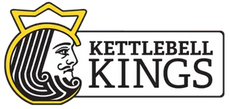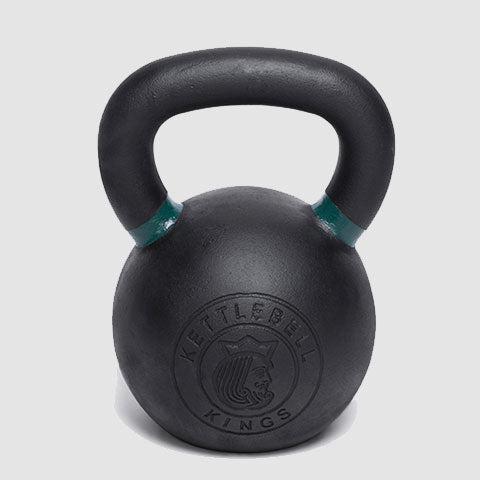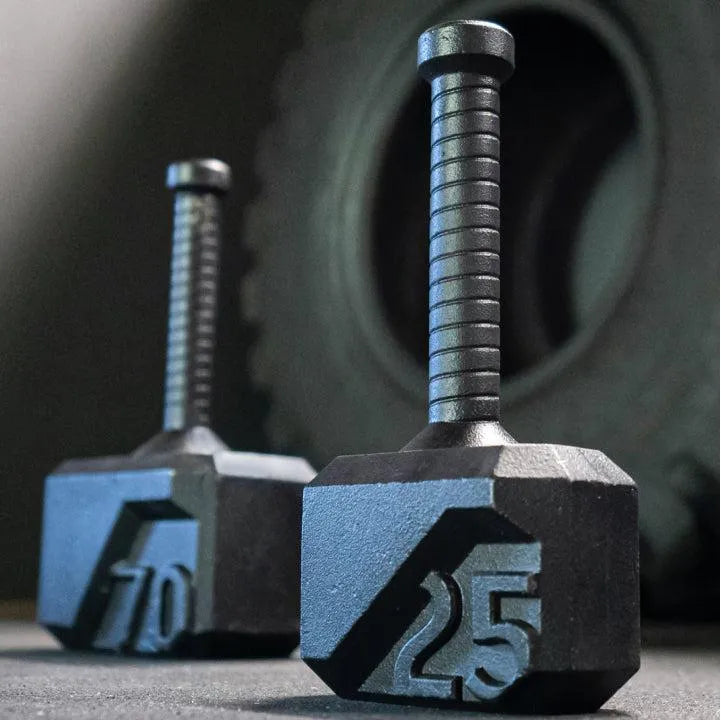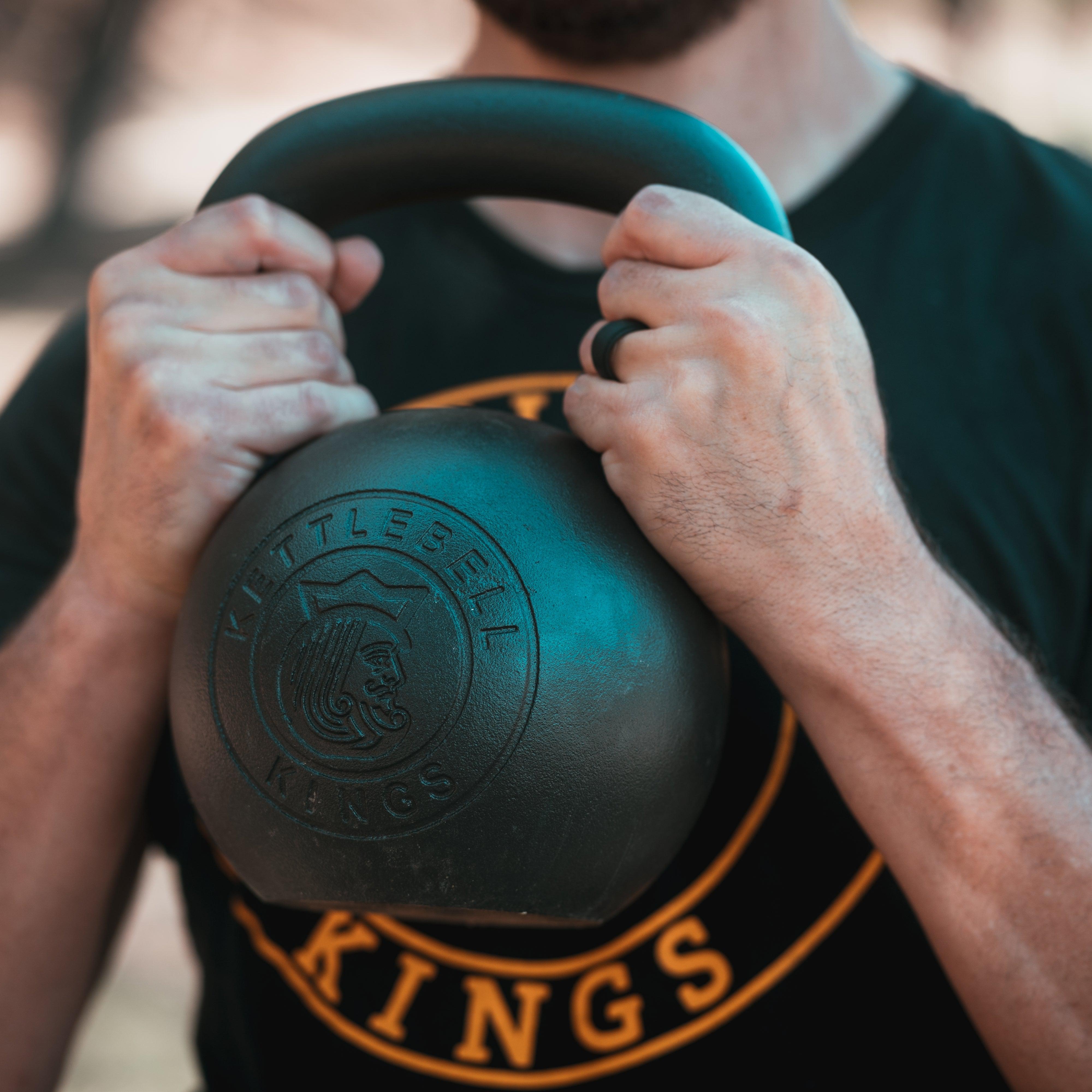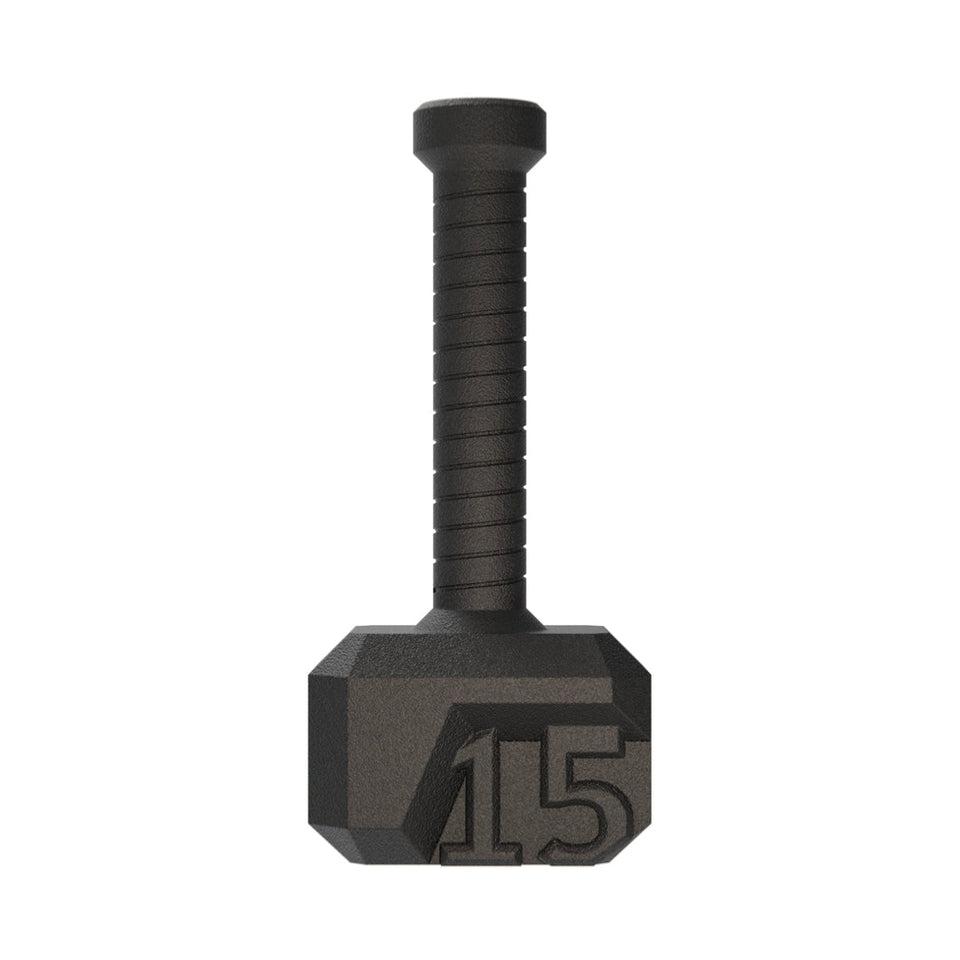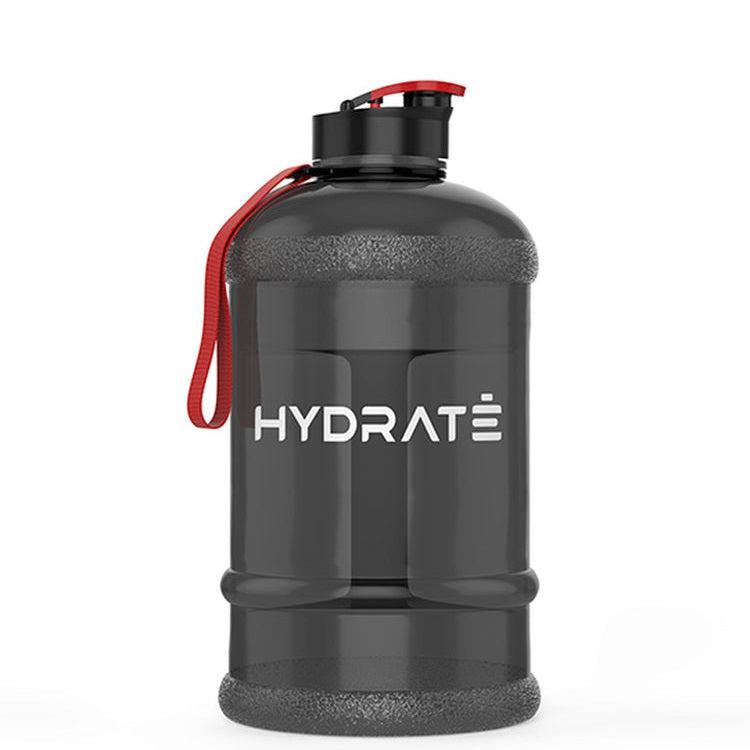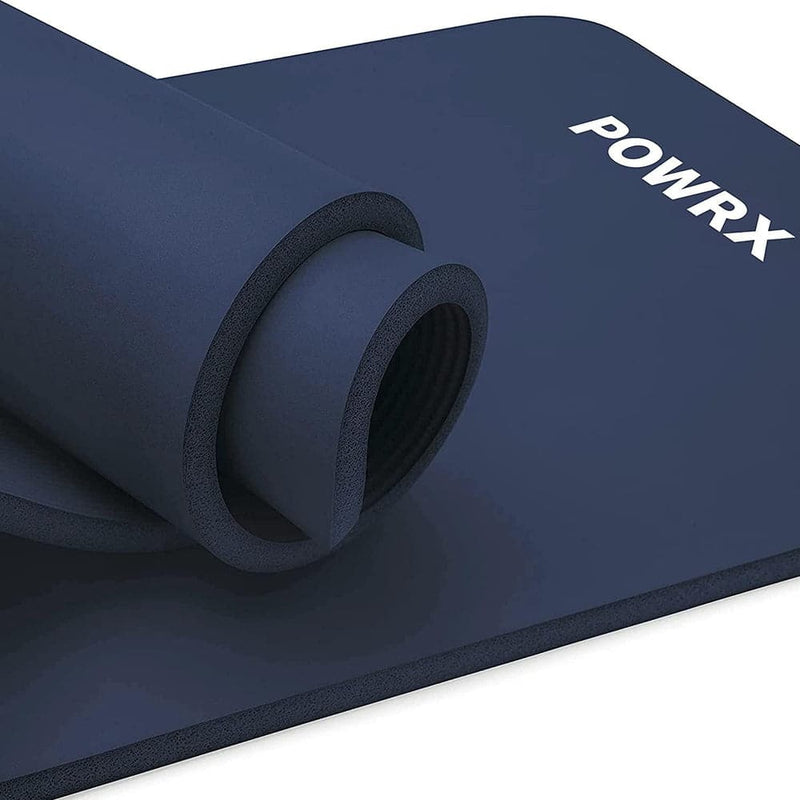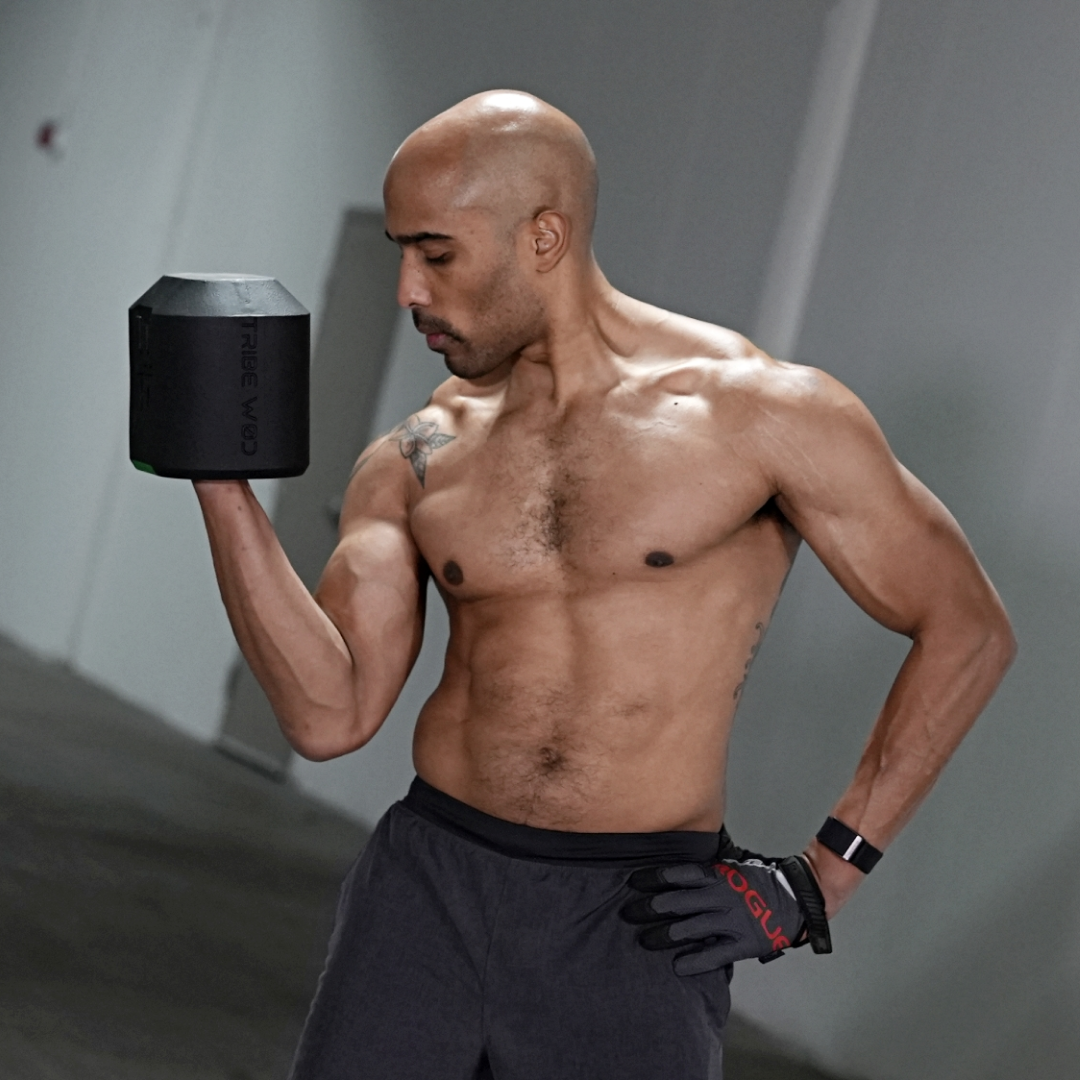In Part 3 of our Heavy Kettlebell Series we are covering The Windmill. Oliver Quinn who collaborated with us on Part 2 is back to work with us and demonstrate in the video below.
You can find him on Instagram as @olliequinntraining, where he posts a lot of really informative and impressive posts for building strength and power. We highly recommend you follow him for more learning on similar subjects as this. In his demonstration he will be utilizing his Kettlebell Kings 123 Pound Powder Coat Kettlebell
By Oliver Quinn:
The Windmill movement builds a number of really important aspects for heavy lifting:
- Core strength
- Spine mobility and strength
- Shoulder strength, stability and mobility
- Hamstring strength and flexibility
- Balance and coordination
A number of these muscles are responsible for running, jumping and getting up and down all of which are required in every day life and even more so in competitive lifting. So, whether you want to compete in fitness or improve your every day life strength, this is a movement that can help.
Before trying a windmill with a kettlebell you need to make sure you have the required mobility and technique. The video below demonstrates the windmill movement without any weight used, so make sure you master the movements in the video and described below without any weight before adding your kettlebell. I recommend using the windmill stick drill as a stretch to help you work towards getting the required thoracic-spine and hamstring mobility, or use it to learn/teach the windmill.
No spinal torsion/twisting is allowed. This is not like passively picking up your car keys when you drop them! Make sure your spin stays straight through out the movement.
How to:
-
Get the bell up overhead (on your right side) any safe way you can. Lock your arm out and pack your shoulder. A common method is a clean and press or jerk (shown below)
-
Point your feet to the left (if the bell is in your right hand) about 30-45 degrees should do it.
-
Look up at the kettlebell, turn your head so you can see the bell with both eyes, not just one. It helps with balance.
-
Both shoulders should be externally rotated throughout this movement. Packed and unshrugged. Lats firing!
-
Initiate the hip hinge by pushing your butt backwards and right, breathe in hard through your nose and pull yourself down into the hinge, front leg slightly bent and unloaded, keep the rear leg straight and feel your hamstring and glute getting tighter as you hinge over, simultaneously rotate your shoulders towards the kettlebell so they become stacked directly under it.
I like to imagine pulling a giant rubber band down from the ceiling with my kettlebell hand. This will keep your shoulder in its socket and connected.
6. Maintain as much contact as possible between your left arm and left leg during this movement. This will give you constant feedback and make you feel safe and in control
7. Pause for a few seconds at the bottom squeeze your glutes and hamstring and come back up to the top position.
Breathing is really important throughout, I recommend Power breathe, keep your abs braced like you are about to take a punch the whole way through! Short sharp breaths work well/or, inhale hard through your nose all the way down an exhale through your teeth all the way up to the top. Both work, the goal is to stay braced. This is demonstrated in the video
See video below:
Do these every week or so and expect extra strength and muscle in your back, shoulders arms, abs. Oliver Quinn demonstrates with his 123 LB Powder Coat Kettlebell Coat Kettlebell.
At Kettlebell Kings we recently launched even heavier kettlebells in 56, 68, 80 and 92 kilograms, designed for those who want to take their low repetition kettlebell movements to the next level!
How To Incorporate Into Your Training:
I never do more than 3 windmills per side side.
You could do 3 to 5 sets of x 3 reps each time on each side, total 9-15 reps per side
Or 7 to 10 sets of 1 on each side or 2 on each side. Rest as needed between any set. Your rest can range from 3-8 minutes to make sure you get them done well.
Ladders of 3 x 1,2,3 are great. So, for example you would do one windmill, rest, two windmills, rest, three windmills, then that would complete one set of the ladder. You would then rest again and repeat the ladder.
To progress just add a ladder every week, so in the example above, add a set of 4. Or if that's too much of a jump. You could go try 3x1,2,3 then 1 instead of 4. Then 3x1,2,3 then 1,2. Then 4x1,2,3 and you will have added another full ladder easily. Your rest can range from 3-8 minutes to make sure you get them done well. When this gets boring or takes too long try a heavier kettlebell and go back down to 3x1,2,3 or smaller ladders if need be.
Hope this helps you all nail those windmills. Happy training!
- Ollie Quinn
For a full post about the different weights you should be training with based on your goals, you can read HERE.
For the purposes of this series, heavy is a relative term. The movements we will cover in this series can be done with any kettlebell that is heavy relative to your current strength. For example if you currently train with an 8 kilogram bell for high rep workouts you could do these same movements we show here with a 20 or 24 kilogram bell. We chose to showcase some of the super heavy bells we have designed for folks with a pretty high level of fitness, kettlebell or lifting experience but you can do the same movements with kettlebells which are heavy relative to your current training.
At Kettlebell Kings we recently launched even heavier kettlebells in 56, 68, 80 and 92 kilograms, designed for those who want to take their low repetition kettlebell movements to the next level, so we wanted to do a series on some of the best uses for them.
As with all lifts perform responsibly and do not try to lift to much weight without proper technique and instruction. We recommend considering heavier weights for those who are ready for them.
What Is Next?
If this is your first time reading one of our posts, we create kettlebell workouts in collaboration with kettlebell experts designed to give you maximal results and not take up much of your time. We send these to your in box automatically every week! We recommend you read more about receiving a quick, free, dynamic kettlebell workout every week you can click below.
Also, we recommend you subscribe to our posts so you can be notified when we publish more in this series. Additionally, you can be notified when we publish new articles about specific kettlebell movements or techniques as well as niche pieces like this designed for specific training.
About Oliver Quinn:
Ollie is a StrongFirst team leader as well as a kettlebell and strength coach at Big Tex Gym in Austin, Texas. Ollie is a competitive strongman who still practices old style lifts like bent press, and other strength training movements. You can find him on Instagram as @olliequinntraining, where he posts a lot of really informative and impressive posts for building strength and power. We highly recommend you follow him for more learning on similar subjects as this.
Kettlebell Kings has the most highly & frequently reviewed kettlebells in the world. We have free shipping in the US & Canada (www.kettlebellkings.com), Europe (www.kettlebellkings.eu). Check out our 4,000 reviews for quality and customer service
